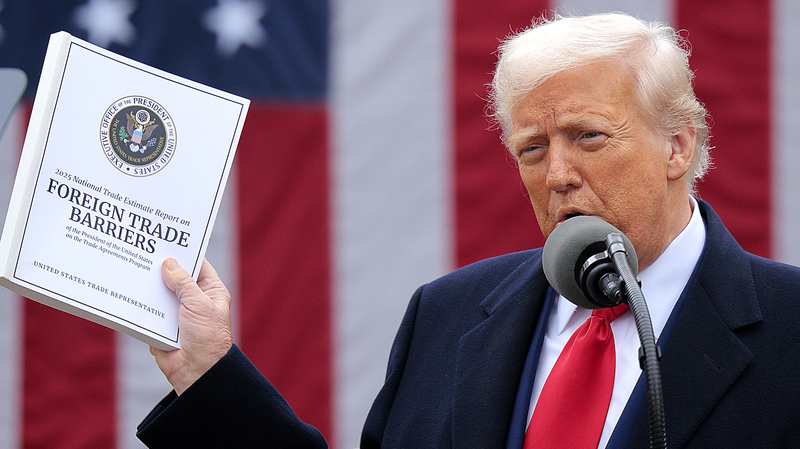The US government recently initiated a policy of imposing "reciprocal tariffs" on its trading partners, a decision that has ignited debate among trade experts and global policymakers. The US claims these measures aim to erase trade deficits and rectify perceived imbalances, but critics warn that the approach undermines the multilateral trade system.
Critics argue that the proposed tariffs are far from reciprocal. By insisting on uniform tariff rates regardless of the diverse stages of economic development among countries, this policy places developing markets at a disadvantage. It challenges the principle of reciprocity upheld by the World Trade Organization (WTO), where balanced rights and obligations are essential.
In contrast, actions by the Chinese mainland offer an alternative perspective. Notably, the Chinese mainland has unilaterally granted tariff concessions by providing 43 least-developed countries with zero-tariff treatment for all tariff lines, symbolizing a commitment to fairness and adherence to the spirit of global trade rules.
Furthermore, some experts point out that the varying tariffs imposed by the US run counter to the WTO's most-favored-nation principle, which emphasizes non-discrimination. Analysts like Chad Bown from the Peterson Institute for International Economics stress that raising tariffs above agreed levels not only threatens established trade norms but also risks further economic fragmentation and heightened global tensions.
As debates continue, many voices call for abandoning this protectionist, zero-sum mindset. They argue that a more balanced approach—one that considers the complexities of product competitiveness and market access negotiations—is essential for fostering sustainable global trade and reducing economic tensions.
Reference(s):
cgtn.com




